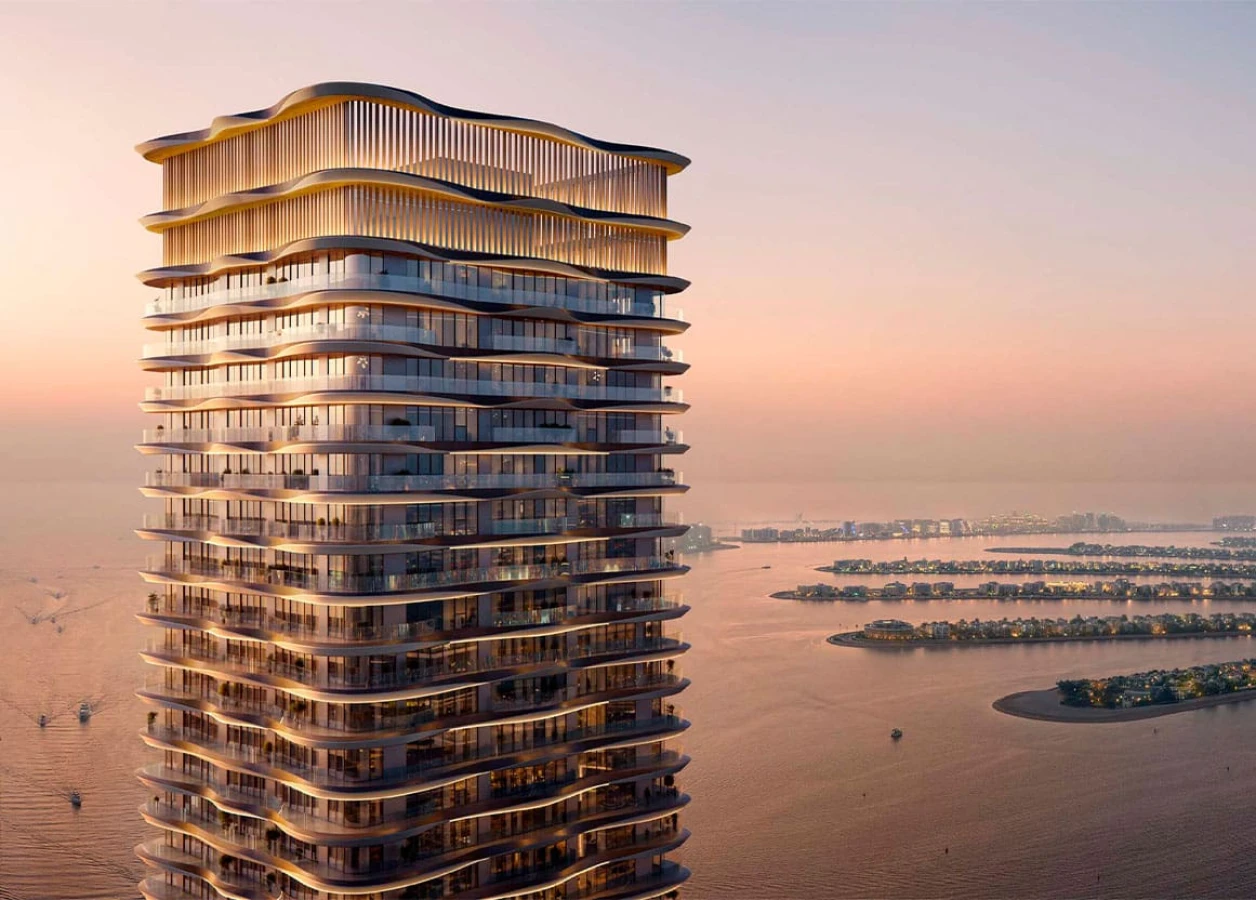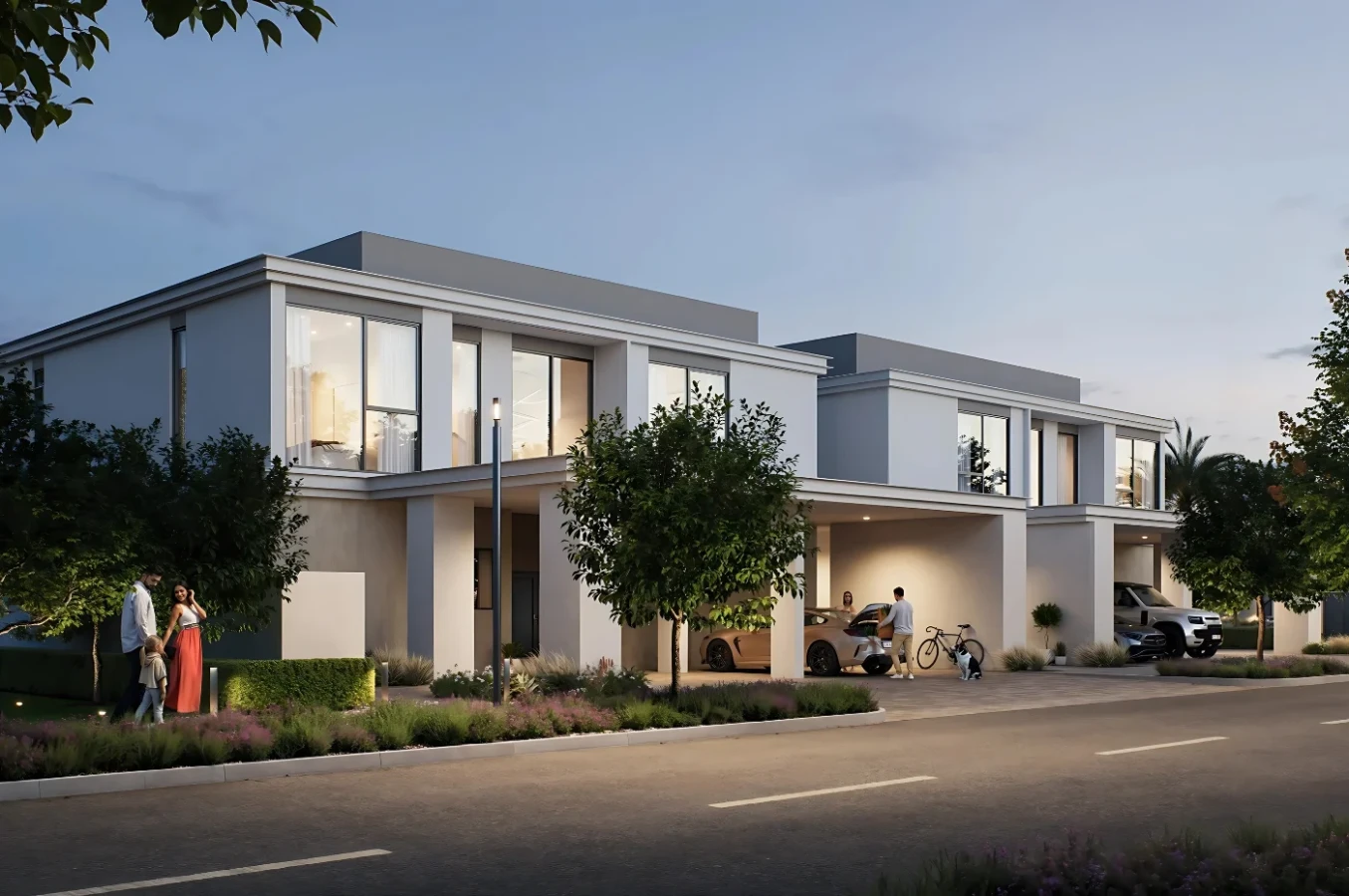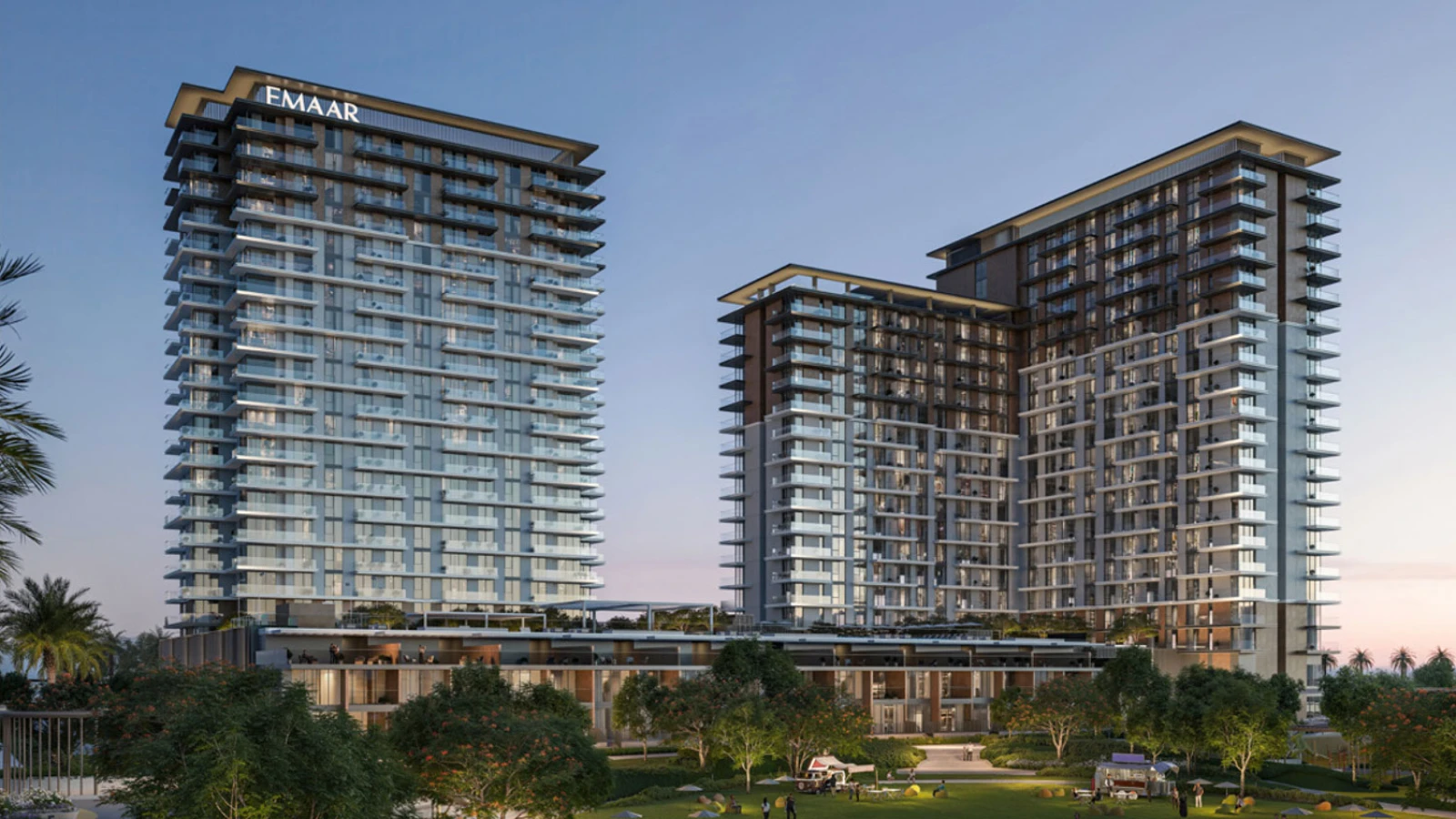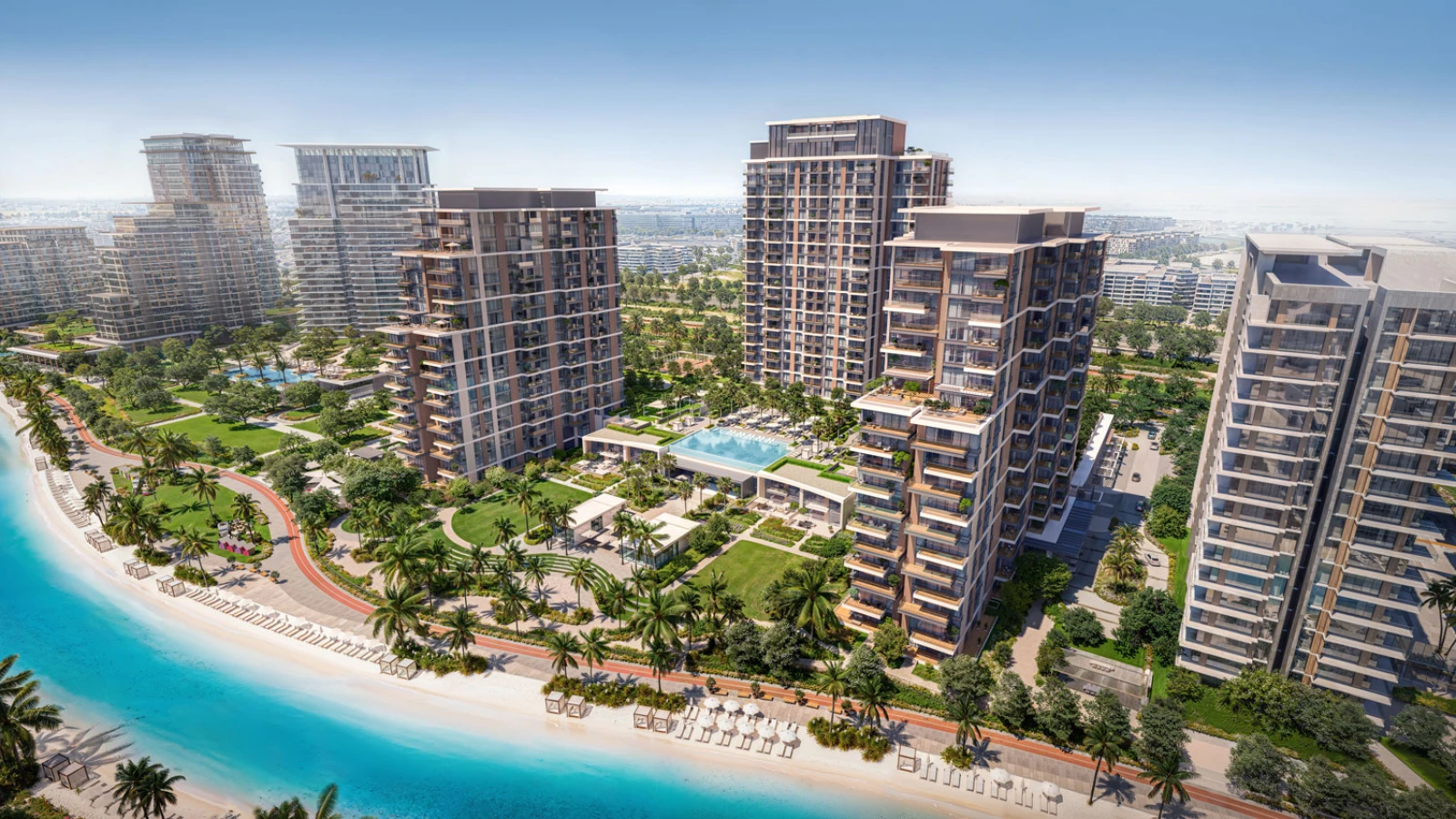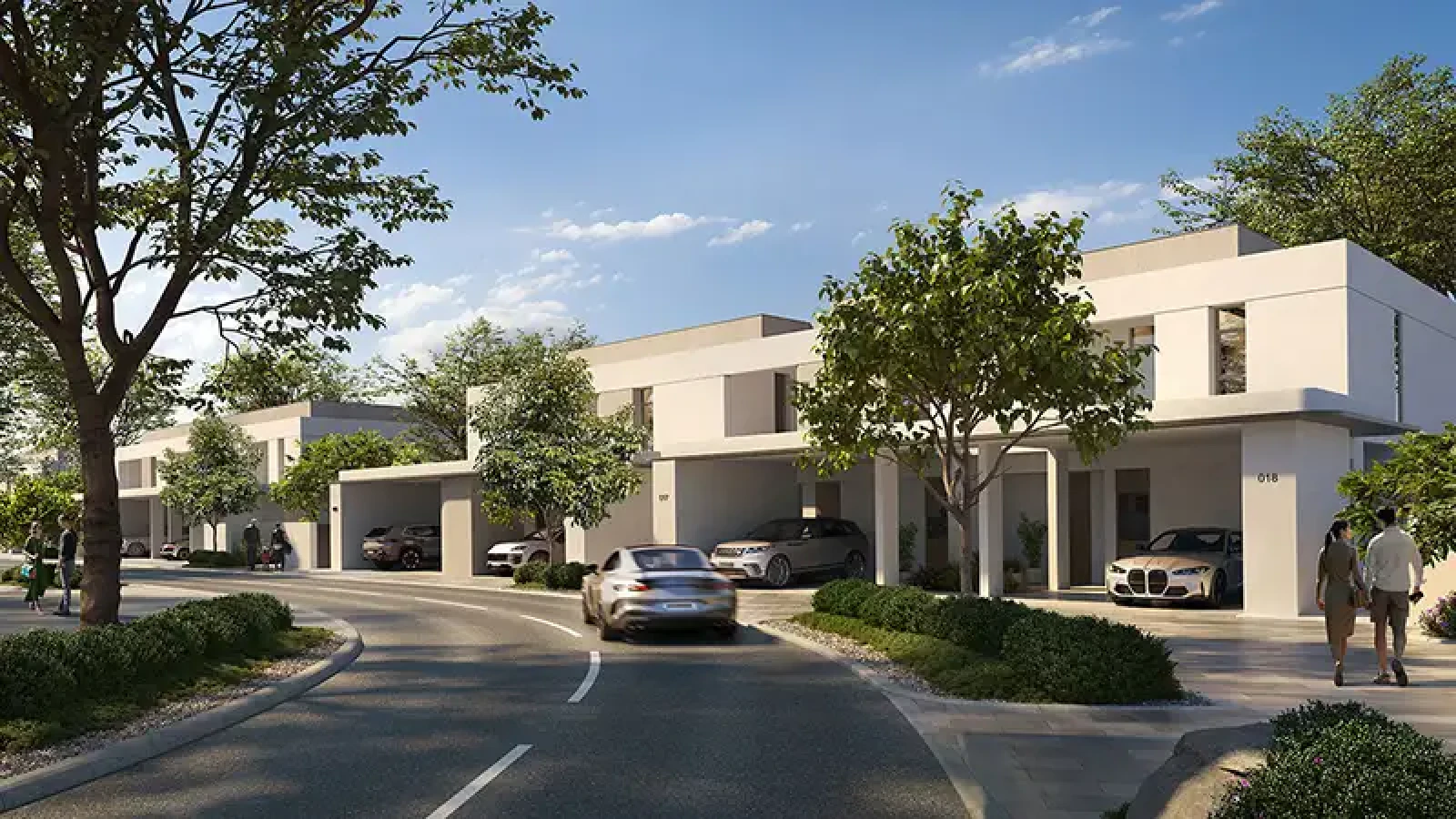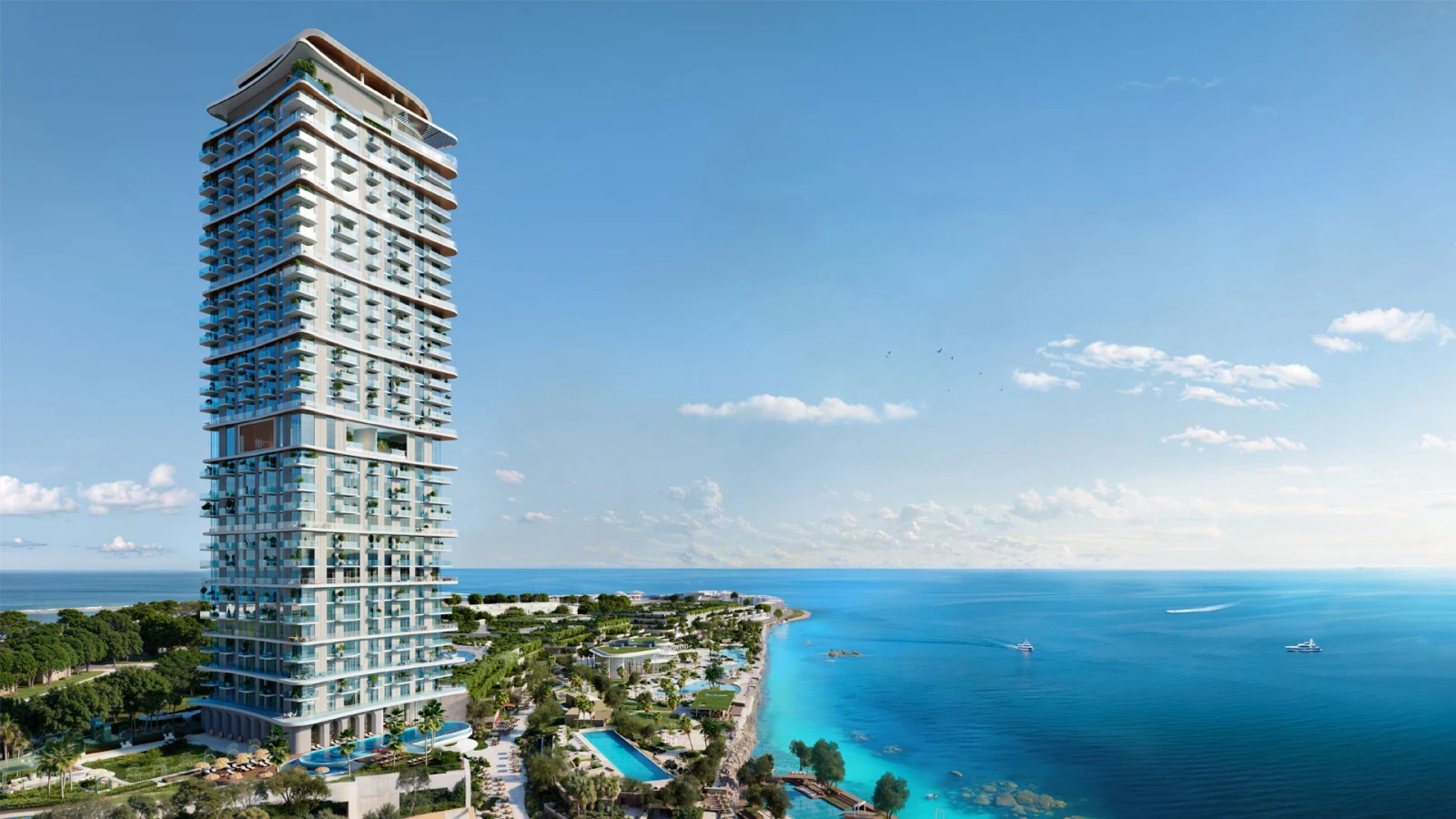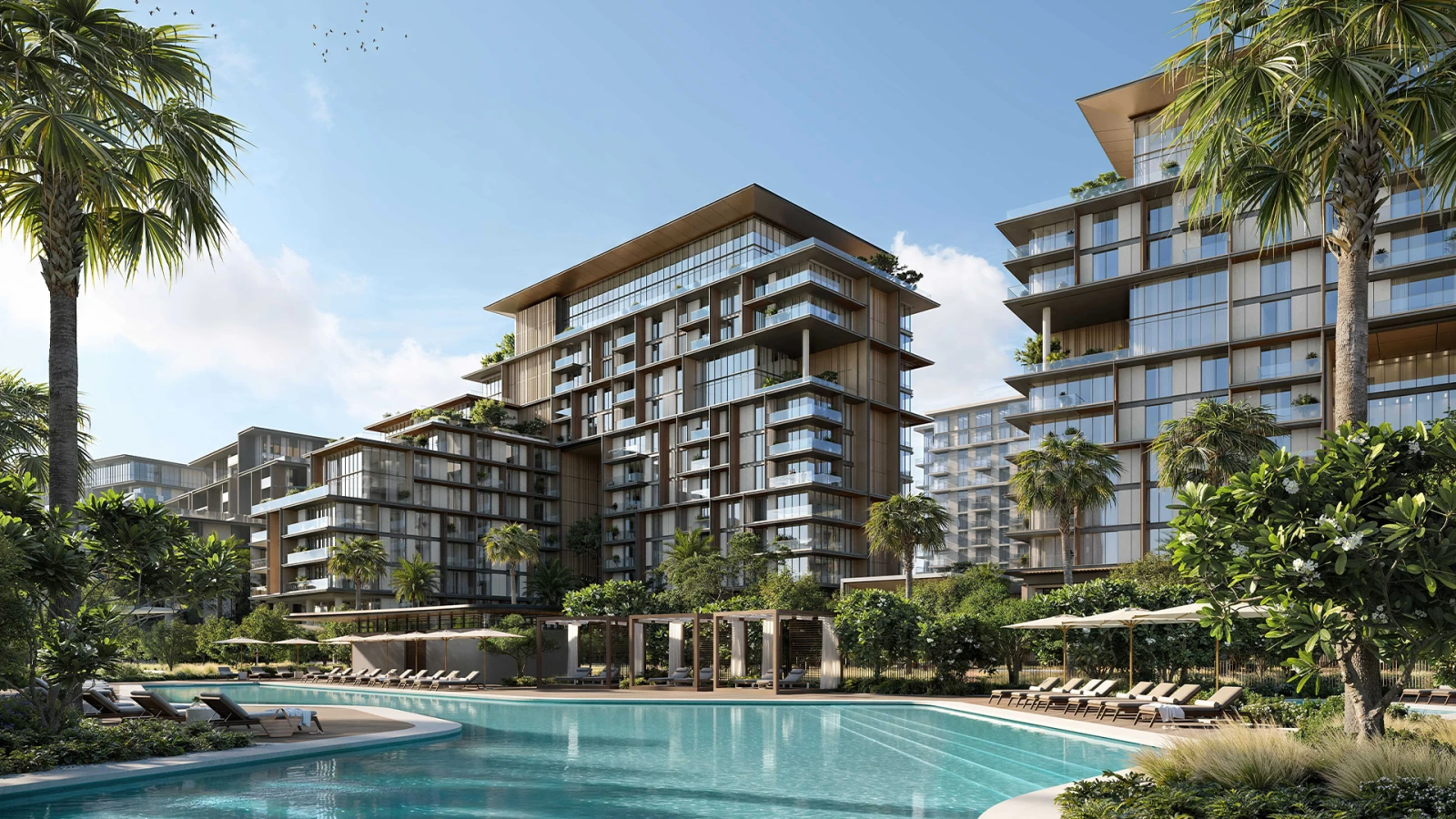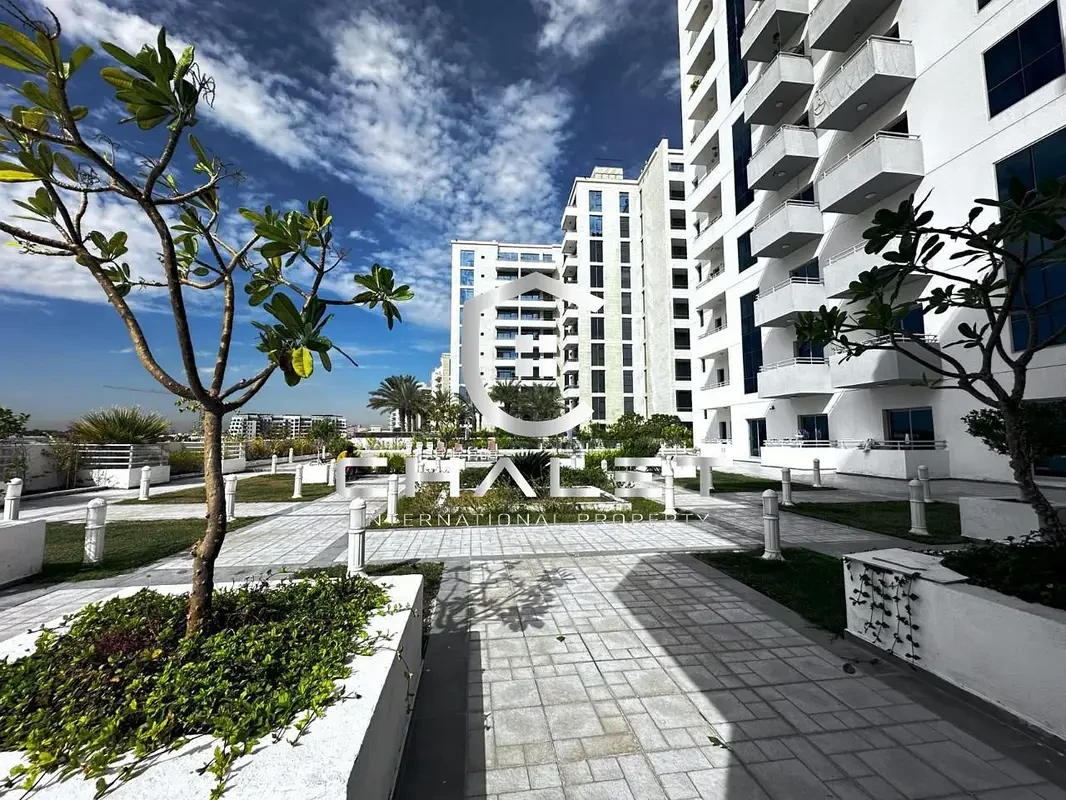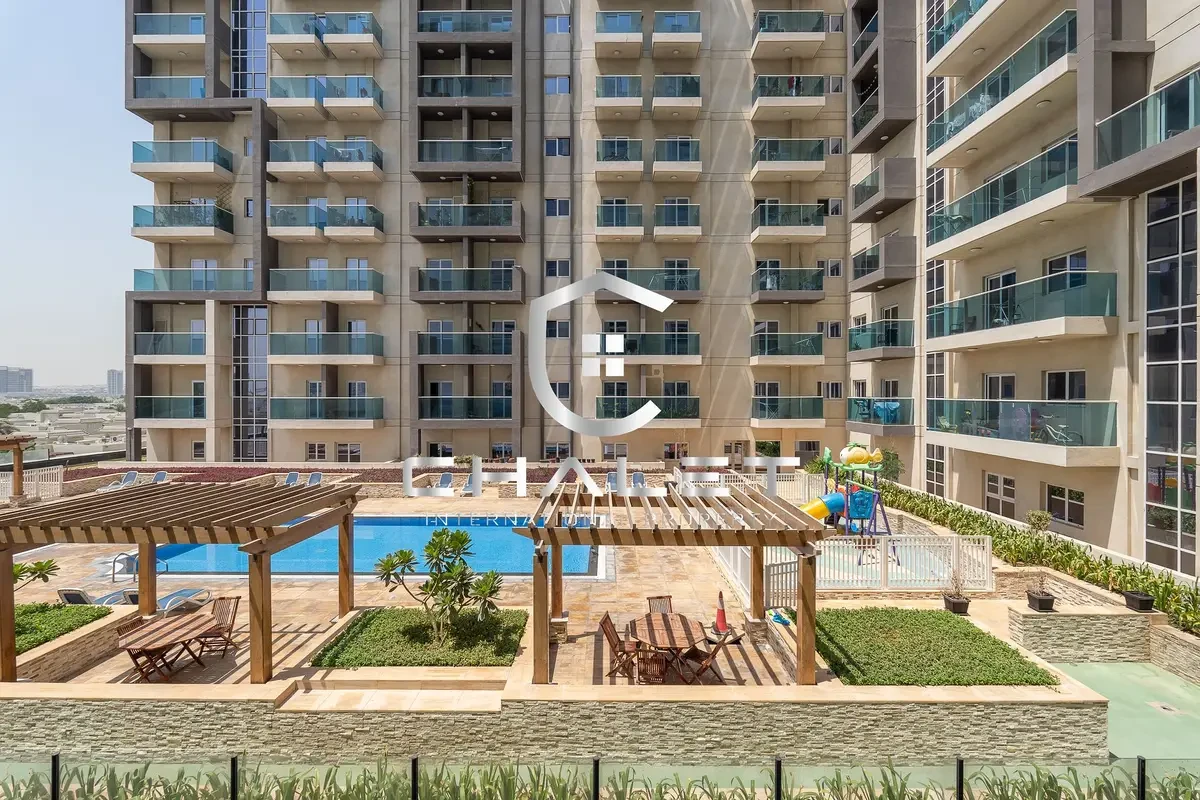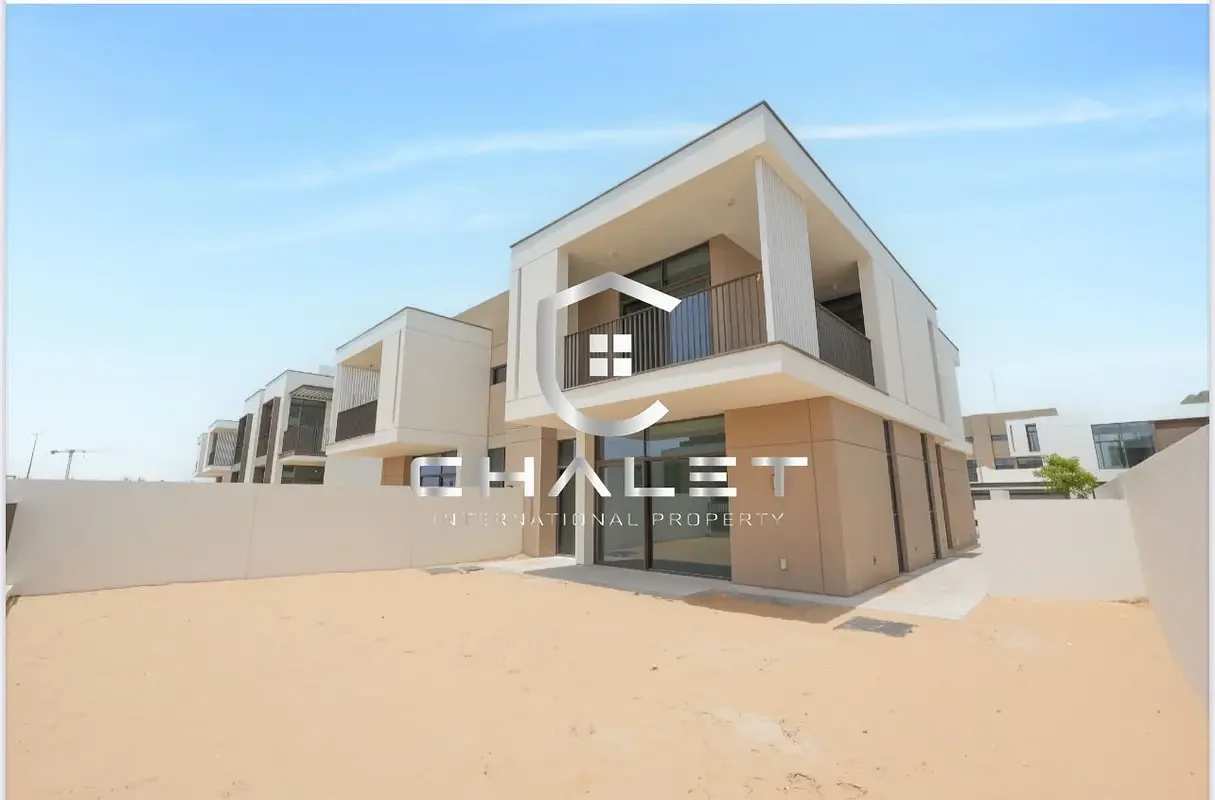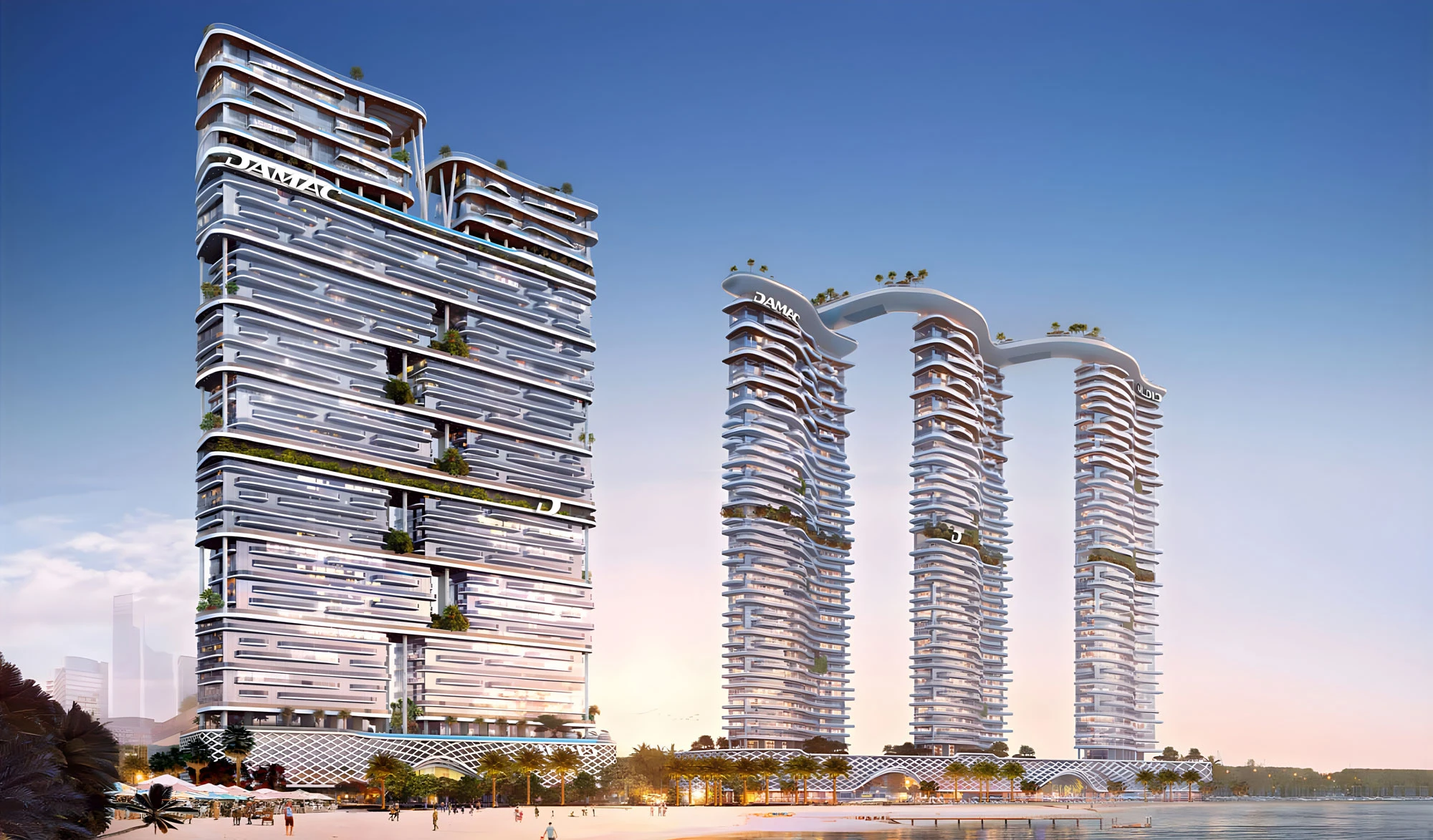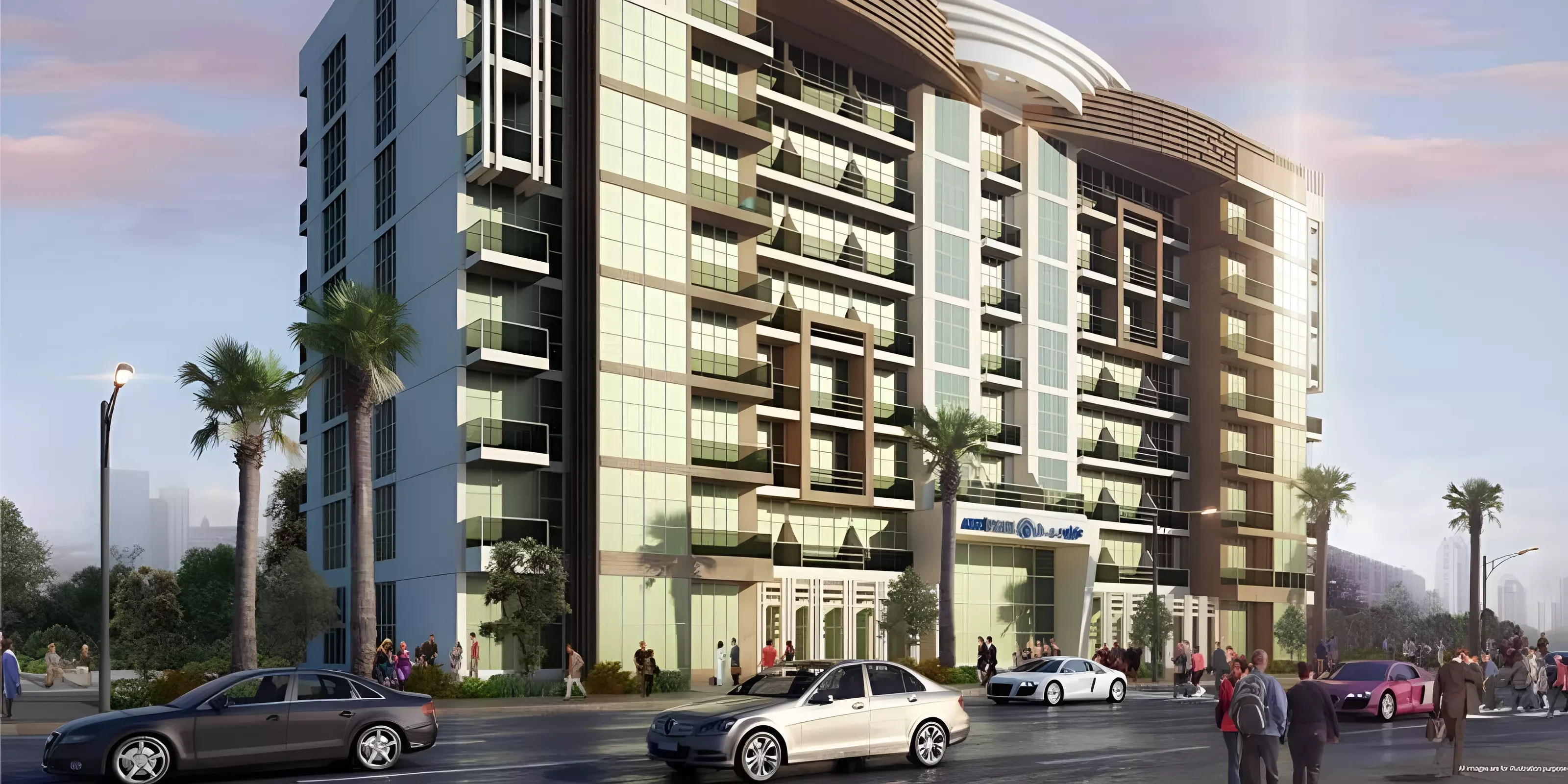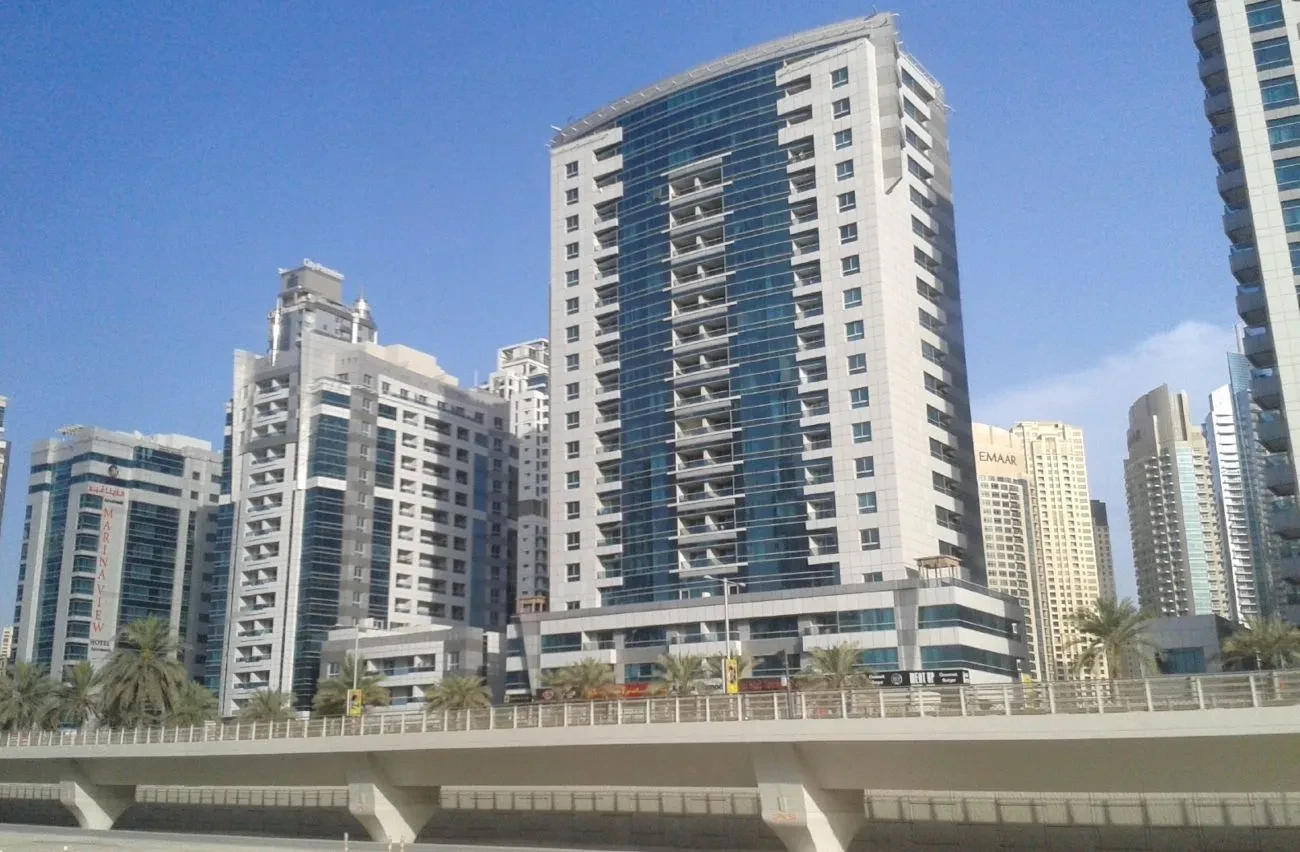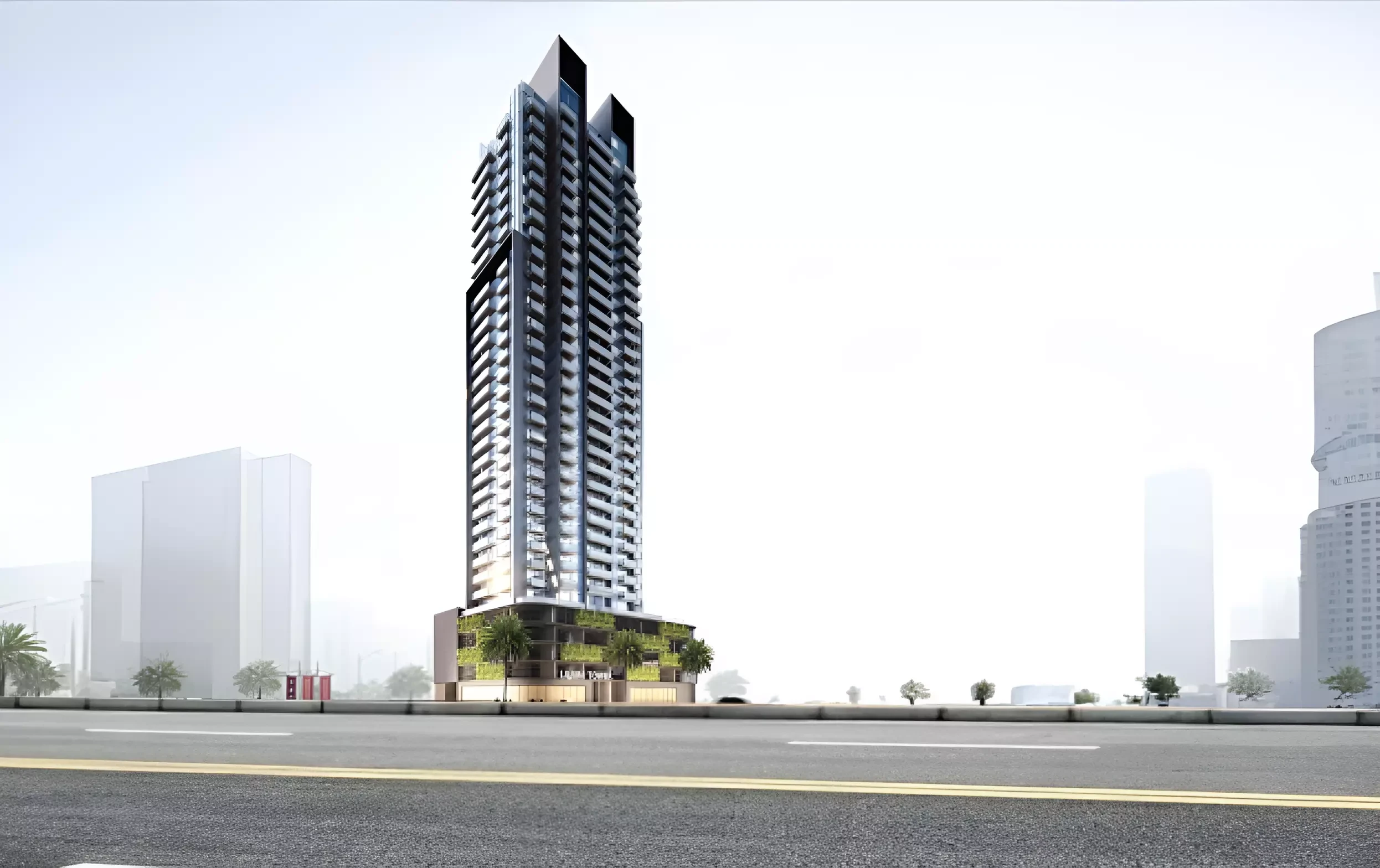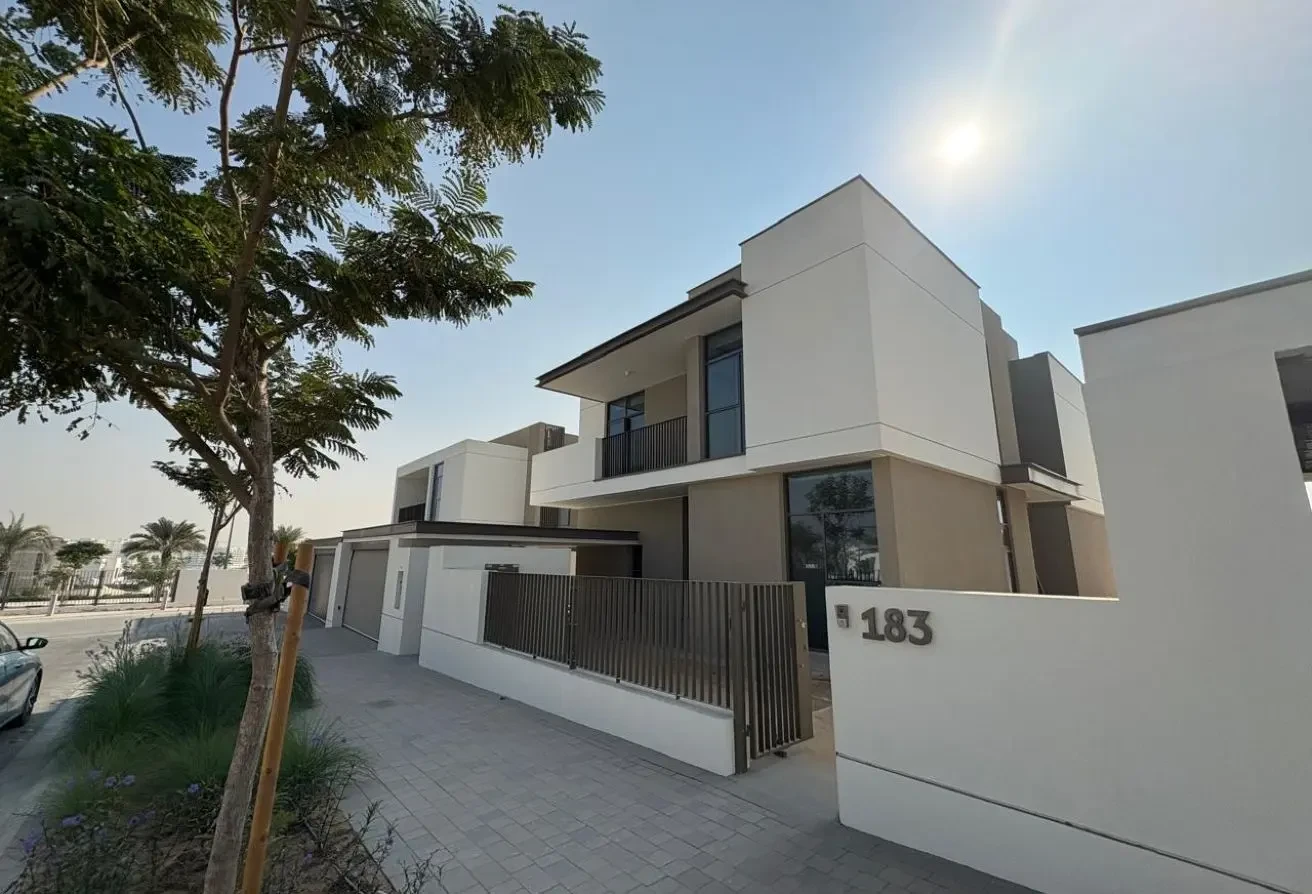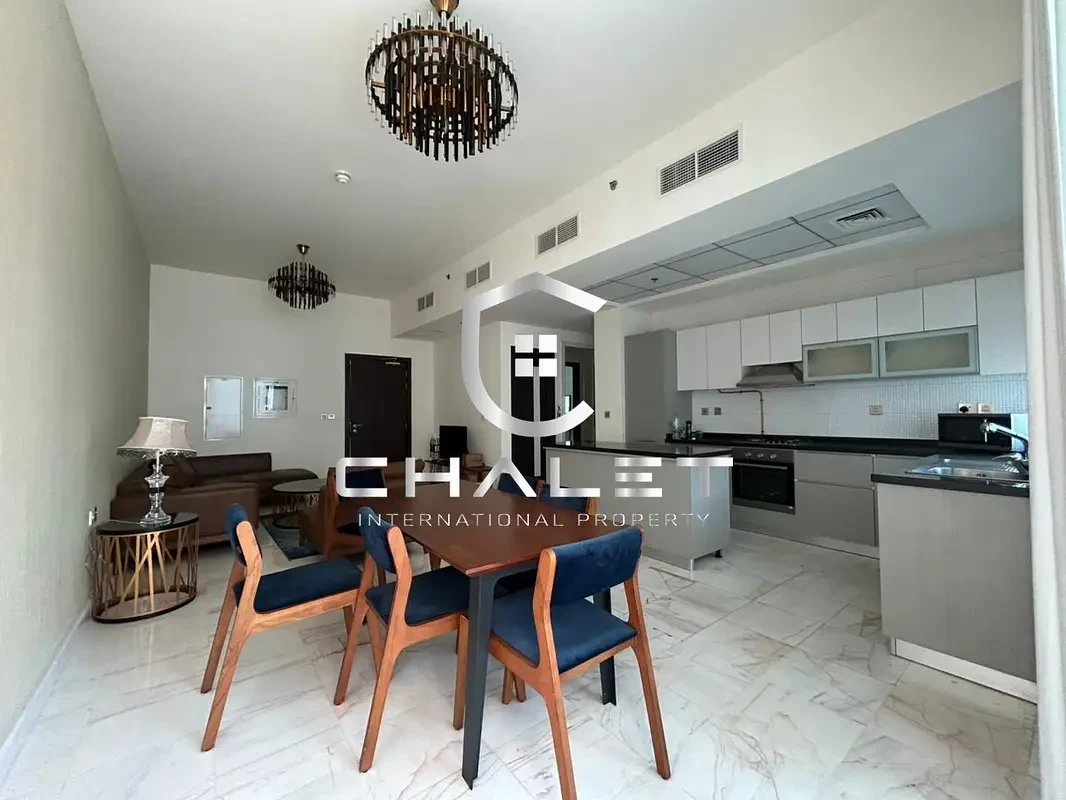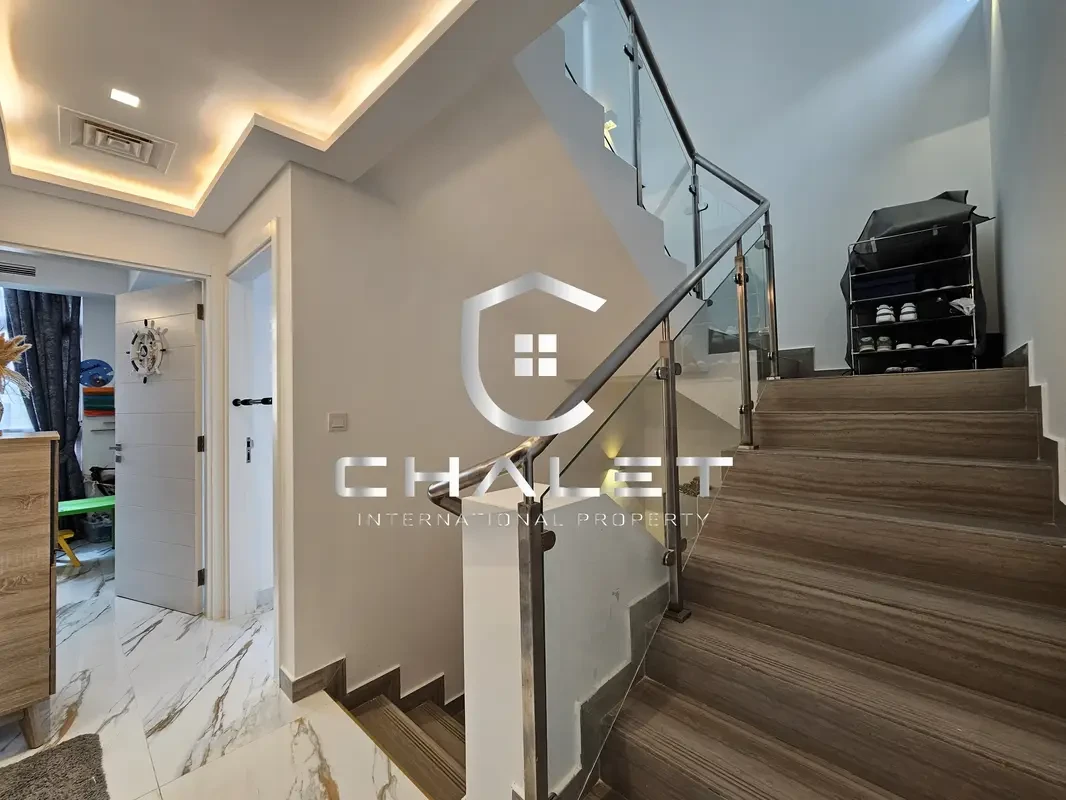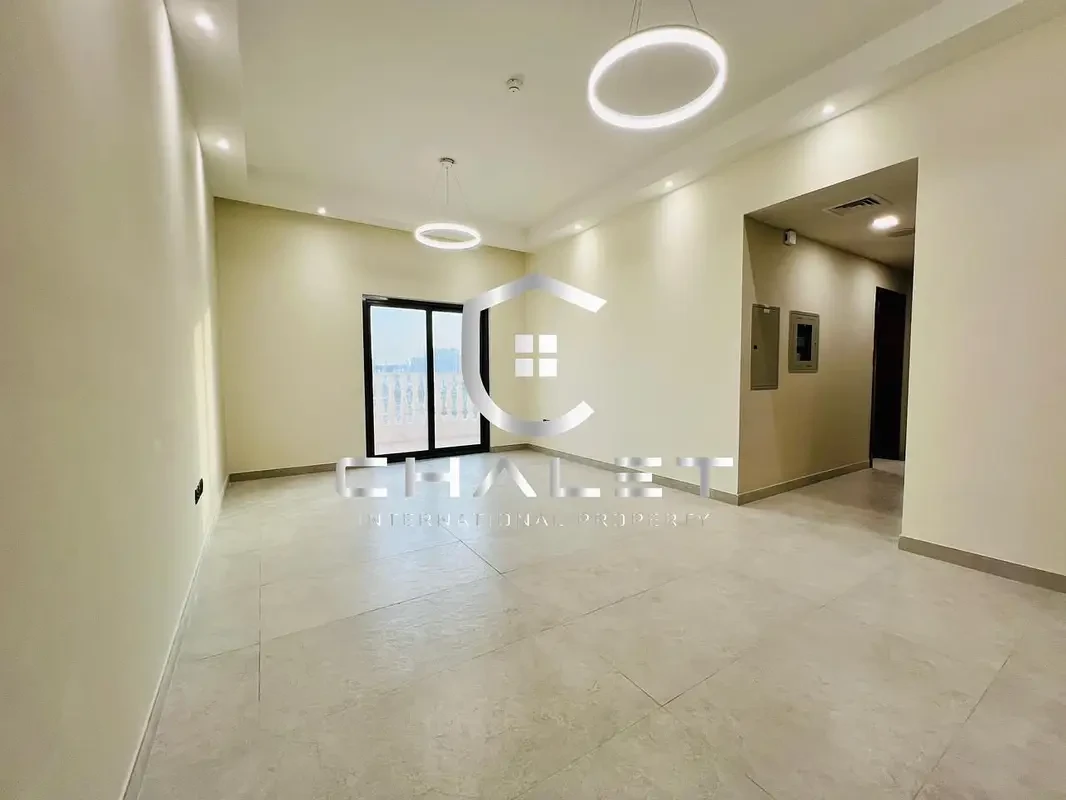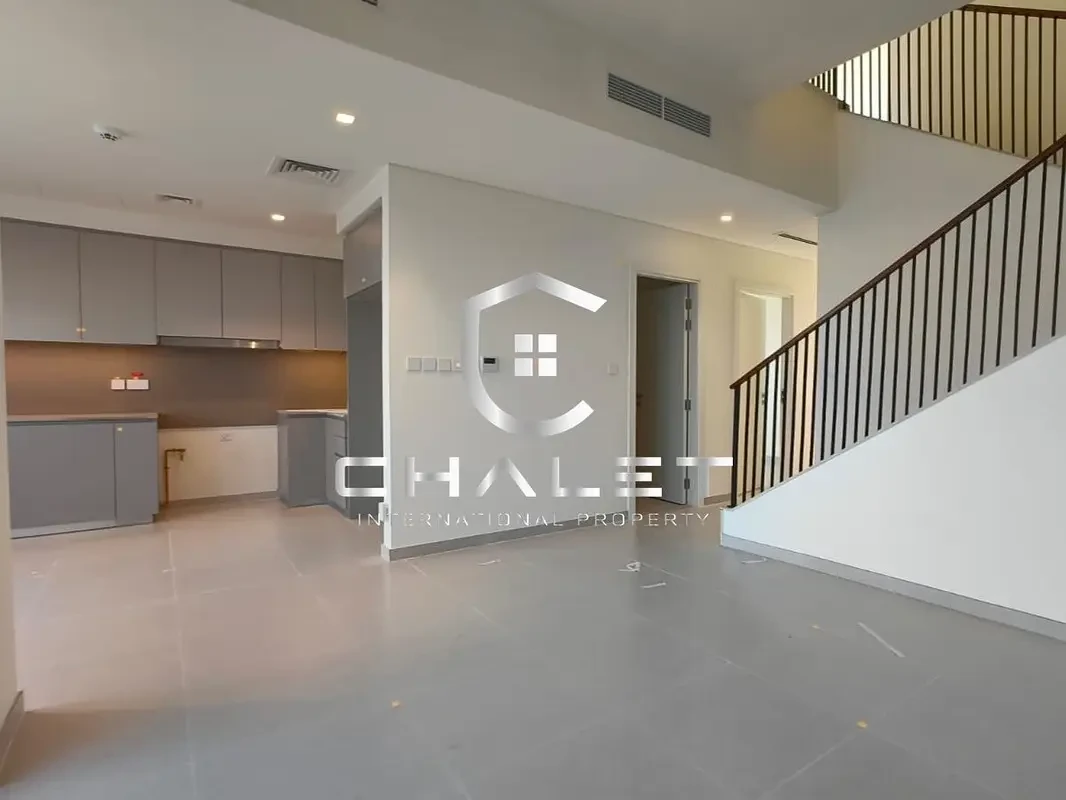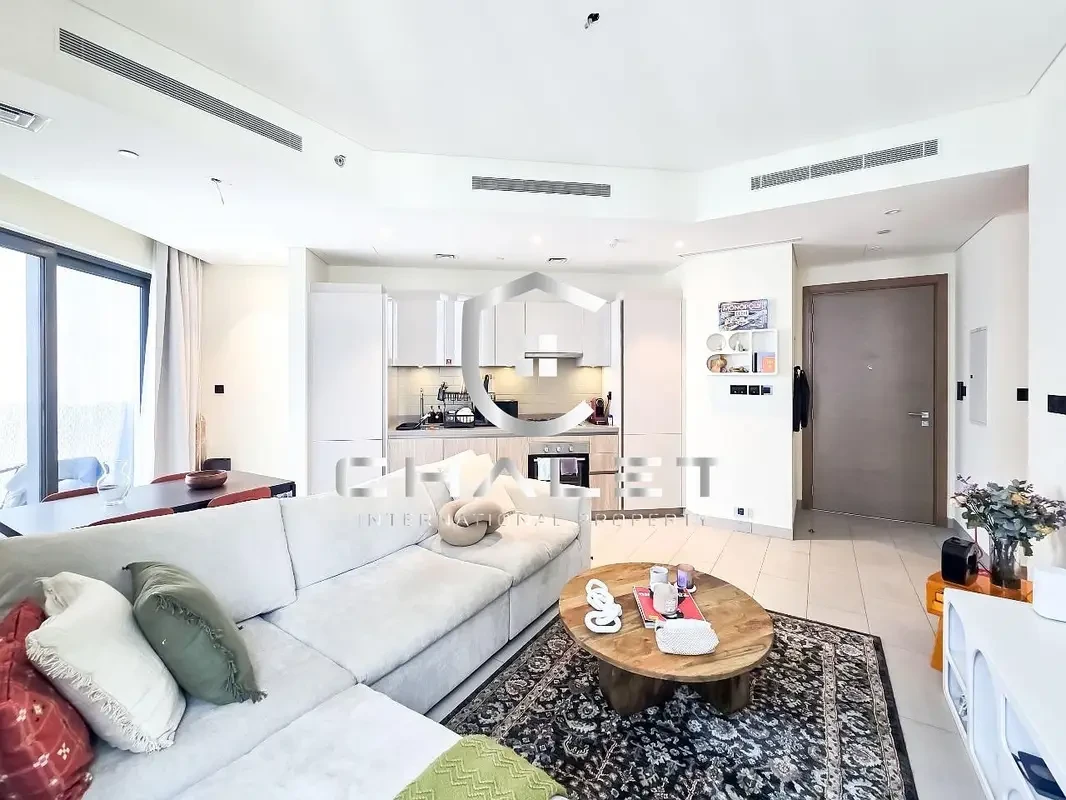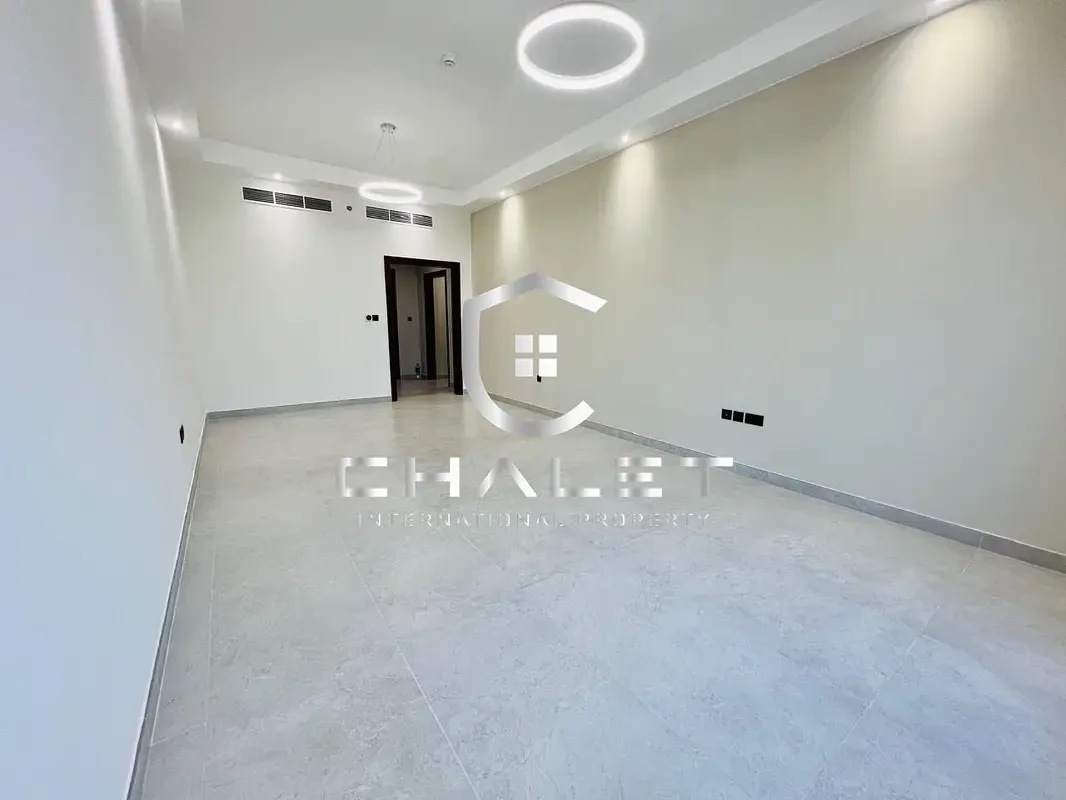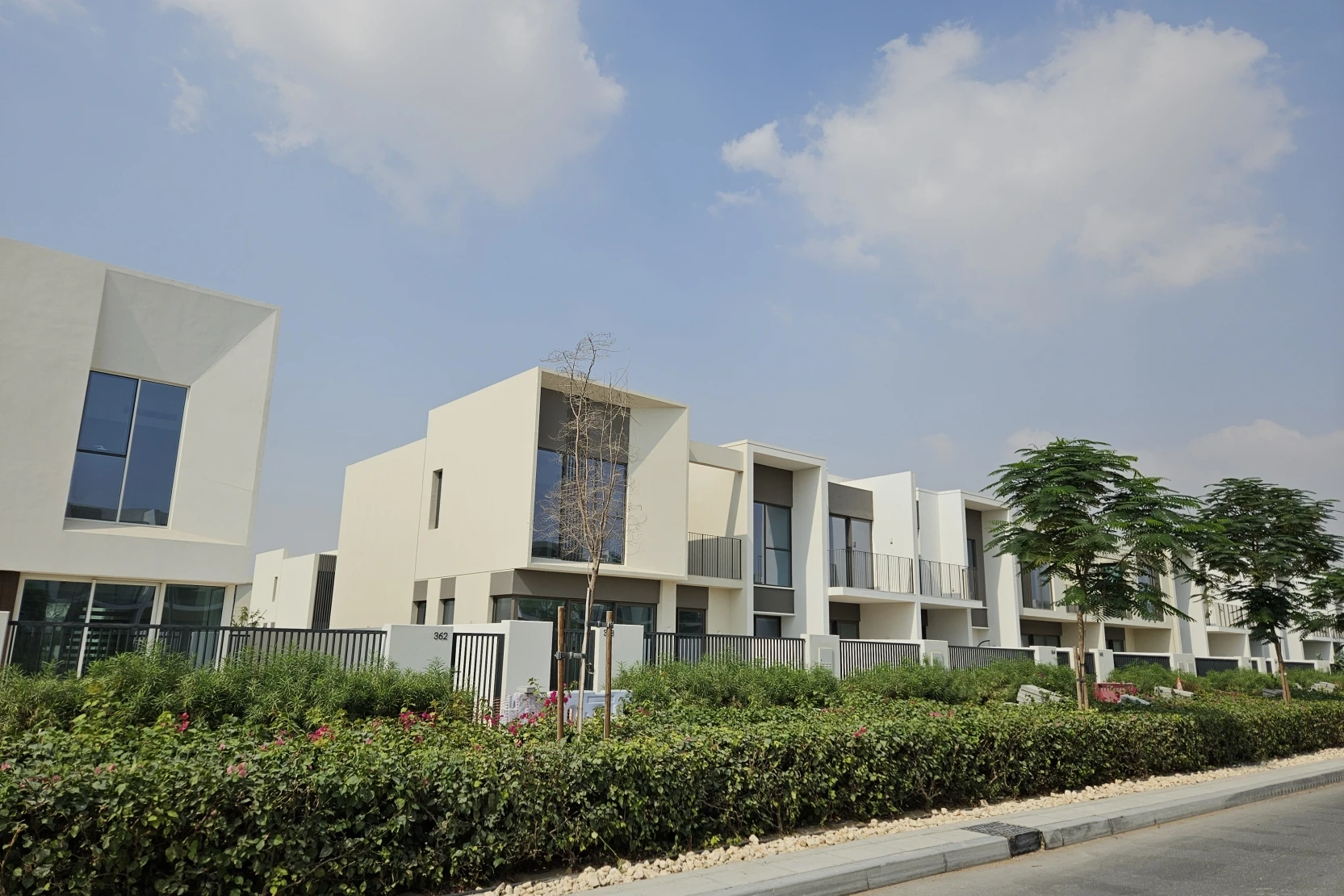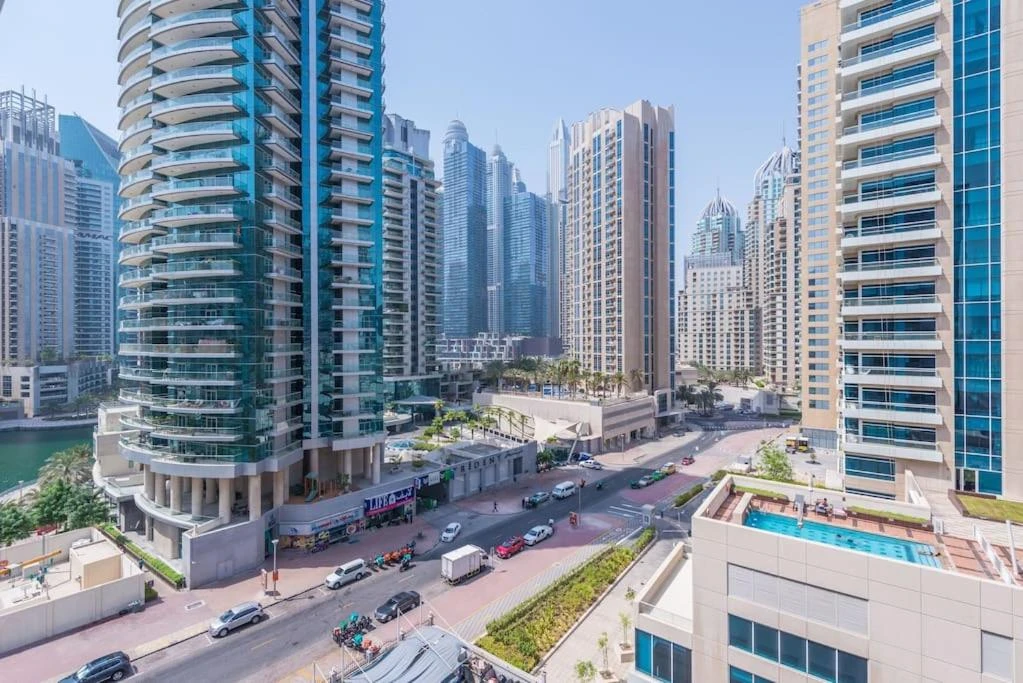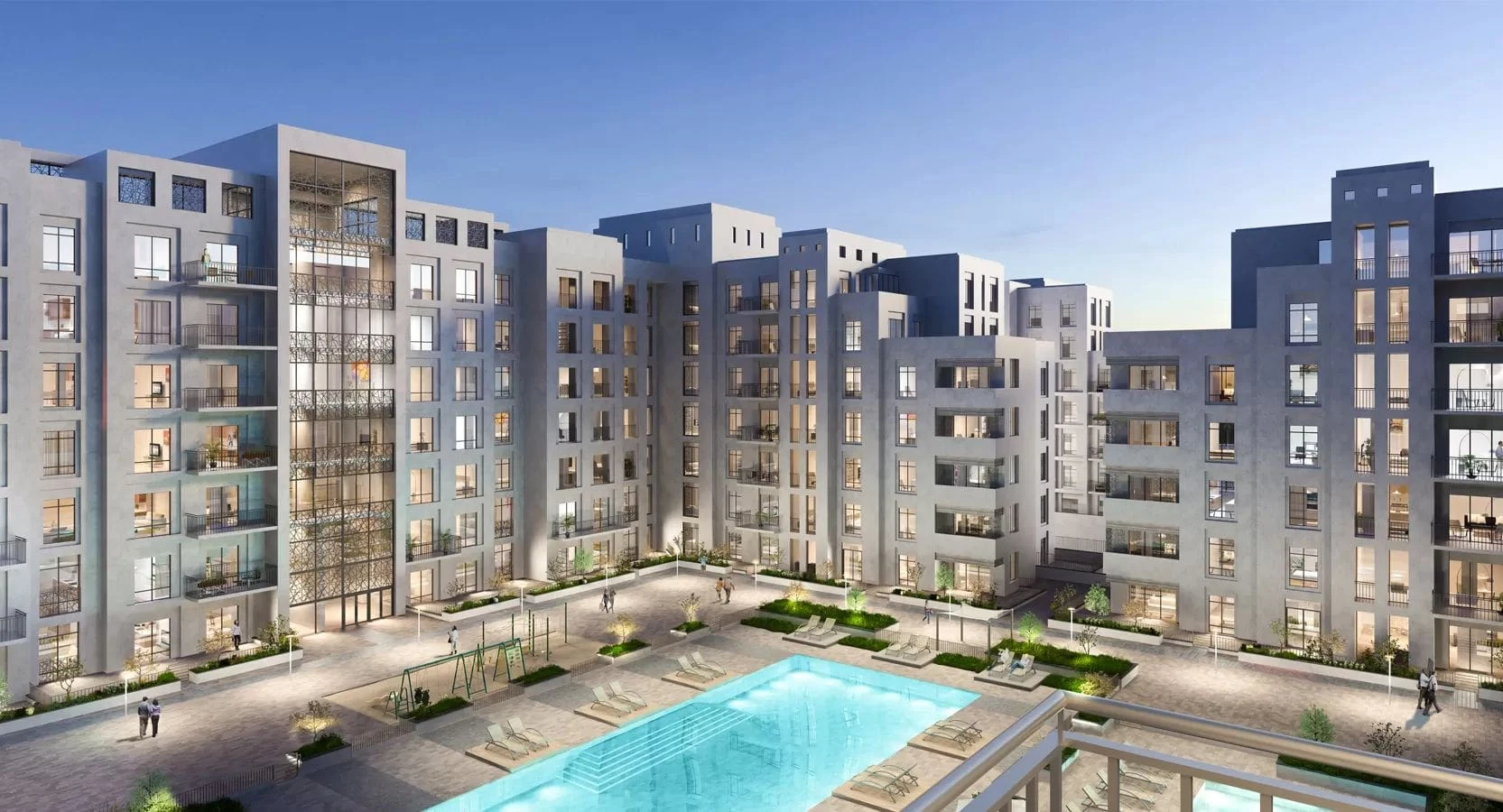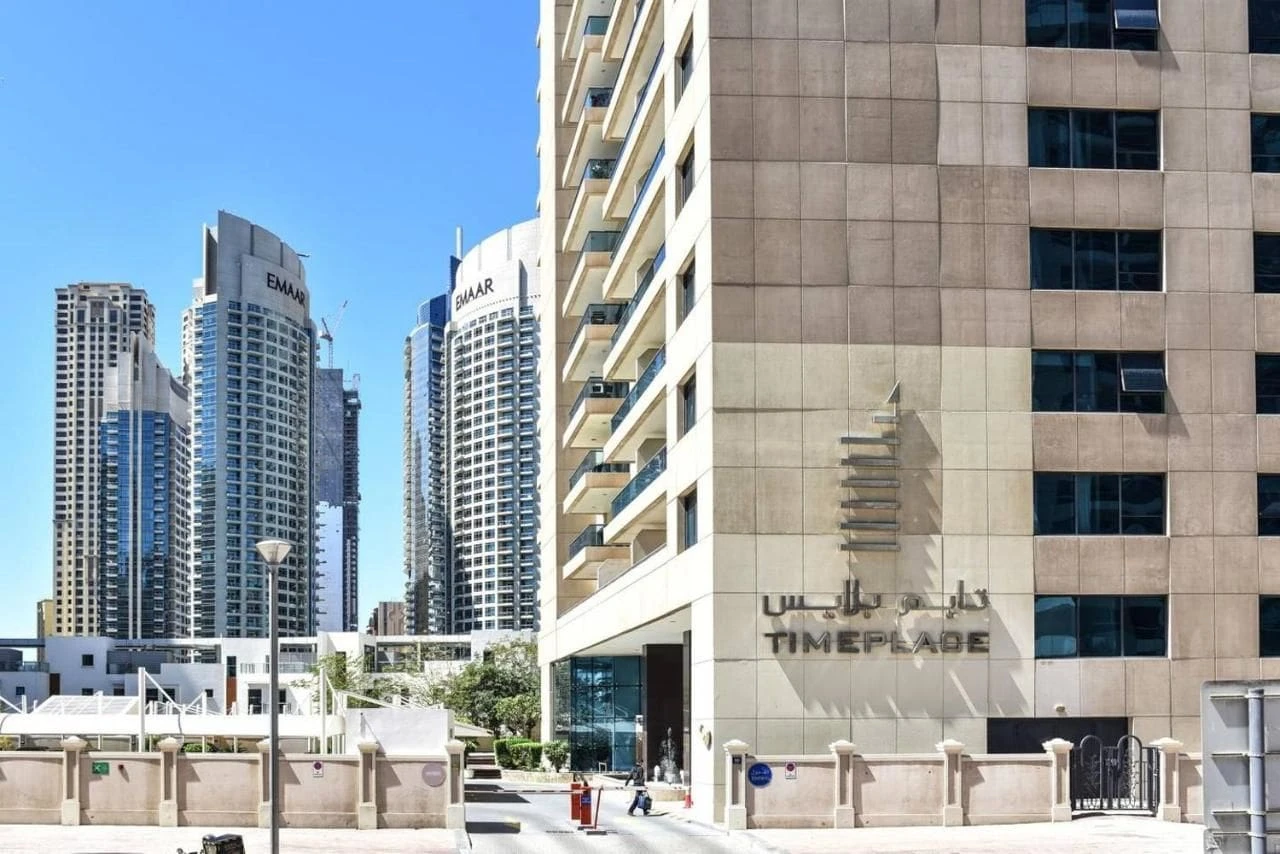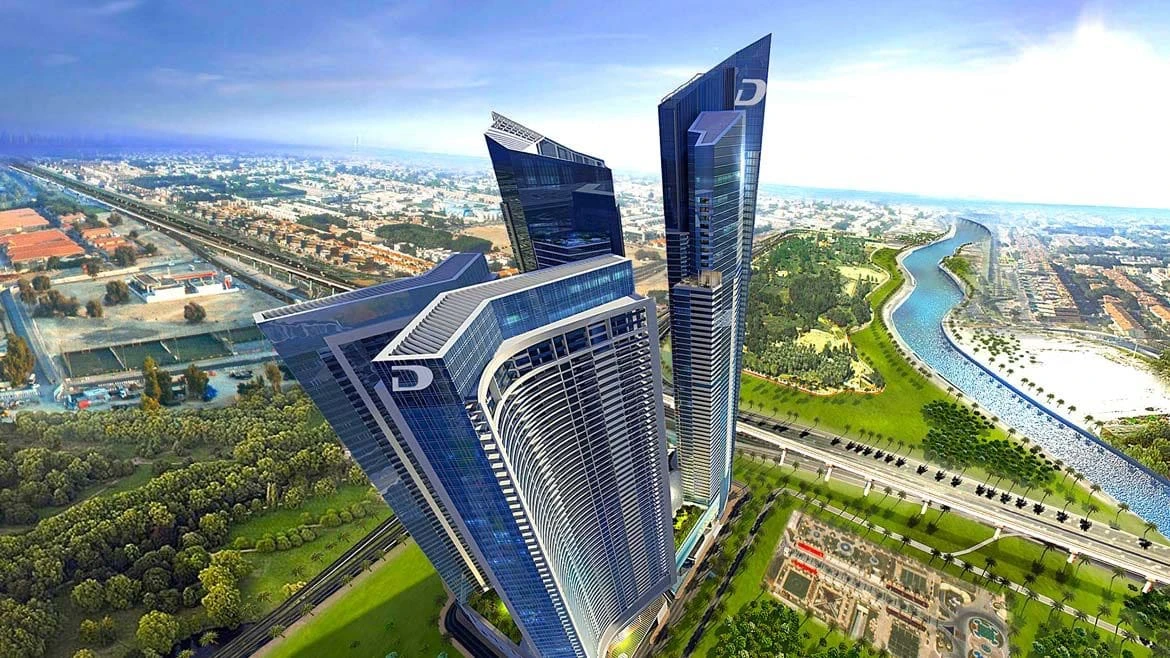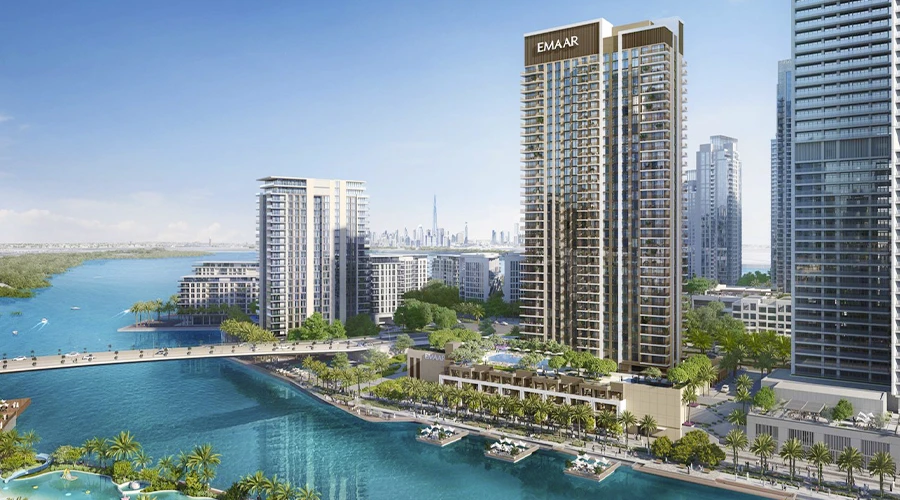Frequently
Asked Question
Yes, Dubai welcomes foreign investors, including NRIs (Non-Resident Indians). You can purchase property in designated freehold areas where ownership is 100% yours with no restrictions on nationality.
No annual property tax. You pay a one-time 4% transfer fee to the Dubai Land Department and a nominal registration fee. Dubai’s tax-free model is a major draw for investors.
Yes, Dubai is a secure and profitable market with strong capital returns and tax-free income. Its transparent regulations, world-class infrastructure, and growing global investor interest make it one of the top real estate destinations.
We’re more than real estate consultants—we’re your partners in Dubai. From finding the right property to legal support, mortgages, and even after-sales care - we handle everything end-to-end.
People are naturally curious, especially when it comes to the complex process of buying or selling property. It’s the agent’s role to guide clients through every step with clarity and confidence. Whether you’re a first-time buyer or simply need a refresher, here are answers to some of the most common real estate questions.
Yes, Dubai welcomes foreign investors, including NRIs (Non-Resident Indians). You can purchase property in designated freehold areas where ownership is 100% yours with no restrictions on nationality.
No annual property tax. You pay a one-time 4% transfer fee to the Dubai Land Department and a nominal registration fee. Dubai’s tax-free model is a major draw for investors.
Yes, Dubai is a secure and profitable market with strong capital returns and tax-free income. Its transparent regulations, world-class infrastructure, and growing global investor interest make it one of the top real estate destinations.
We’re more than real estate consultants—we’re your partners in Dubai. From finding the right property to legal support, mortgages, and even after-sales care - we handle everything end-to-end.

